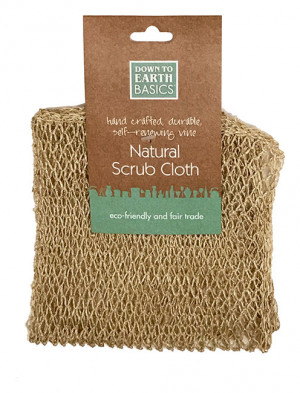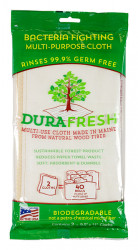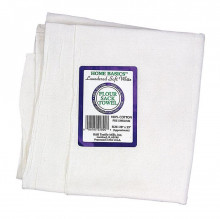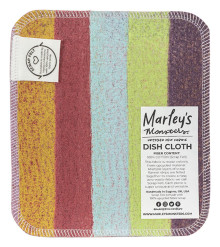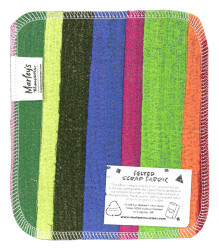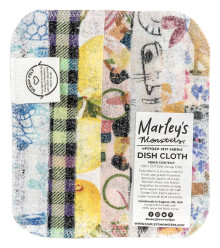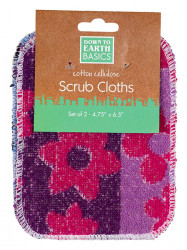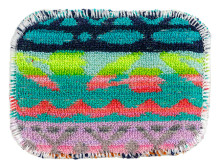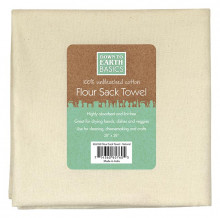Natural Vine Scrub Cloth
Down To Earth Basics Natural Vine Scrub Cloth
This naturally growing vine flourishes without any agricultural inputs, improving soil and purifying air. After harvesting, this perennial regrows rapidly, making it a sustainable and self-renewing resource. Khmu artisans in remote Laotian villages hand craft these extremely durable, eco-friendly scrub cloths as part of a fair trade cooperative. Your purchase helps preserve an ancient craft and mitigate global climate change.
- - - - -
- Improves soil and purifies air
- Can be used as a graze or forage for both humans and livestock
- Propagates readily, and once established, requires little to no human intervention to flourish
- Supplies the base material for artisans to create not only a carbon-neutral product, but a carbon-negative one, making it both profitable for the artisans who use it, and beneficial to the planet at large
- - - - -
The Khmu people of Northern Laos, as they have for millennia, gather the fast-growing vines from the forests surrounding their villages. Using a sharp blade, they separate the long bast fibers from the pulp (hurds). After the bast fiber dries, they spin it by hand. The hurds, or leftover pulp from the plant stems, becomes food for their livestock.
They use the super strong fiber to make the things that they have used in their daily lives for centuries, including this scrub cloth.
Through the ages, this wonderful plant has provided a basic necessity for the Khmu people to use in their gathering, farming communities. Now it also provides them with a source of income, making it possible for them to afford an education for their children, and raising the hopes and prospects for their villages.
- - - - -
Pueraria phaseoloides
The vine itself is a deep-rooting perennial herb and a member of the pea family. As mentioned above, it grows rapidly -- as much as 30 cm a day -- and is classified as a nitrogen fixer. That means it actually draws nitrogen from the air and then stores it in its roots. This makes it ideal for areas with poor soil.
What others might think of as a lowly vine is the vehicle that can carry an entire people from a subsistence-level existence, little more advanced than it was 2000 years ago, into the modern age and provide them with a sustainable livelihood. It accomplishes all of this without generating any pollution or creating any waste.

